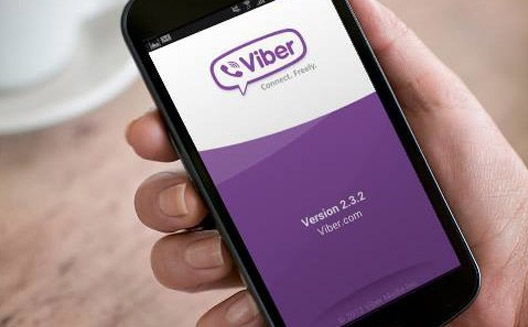Will free VoIP apps disappear from the Middle East? A look at Saudi Arabia's Viber ban

 While VOIP (Voice over IP)
applications facilitate over represent
more than 34% of the total time spent on international calls
worldwide, entrepreneurs in the MIddle East often rely on VOIP to
stay in touch with employees and partners at their
startups.
While VOIP (Voice over IP)
applications facilitate over represent
more than 34% of the total time spent on international calls
worldwide, entrepreneurs in the MIddle East often rely on VOIP to
stay in touch with employees and partners at their
startups.
Especially in countries where telecom companies have a monopoly or
oligopoly that pushes up the cost of international calls, it's a
cost effective solution; some
studies have shown that companies could cut communication
costs by up to 85% by shifting to VOIP.
And yet, the autonomy that customers have with VOIP does not always
sit well with governments. In Saudi Arabia, the
Communications and Information Technology Commission (CITC)
announced last week on June 5th that it would ban Viber,
an application that helps users make free alls, send instant
messages and share files over the internet.
The Saudi Commission clarified in a brief
statement that Viber was banned because it failed to comply
with communications rules and regulations of the kingdom.
This March, the Commission released a statement noting the
possibility that it would ban a number of internet communication
services, including Viber, Skype, and Whatsapp, if the companies
failed to modify their products to comply with Saudi Communication
laws.
While we haven't been able to get clarification on the regulations
that led to banning these services, the ban has raised questions
about Viber's funding sources. The applicatiion, which now has over
200 million users worldwide, was developed by a company based in
Cyprus.
One of the ban's biggest impacts could be altering life for an
estimated 100,000 Saudi students living abroad, who use this
application to communicate with their families in Saudi Arabia,
says Mazen AlDarrab, the founder and CEO of E-Commerce SEA, a Saudi
e-commerce solutions company. "Concerns about the encryption method
used by Viber in messaging was raised by the Ministry of
Interior. Now," he says, "A lot of Saudis
are concerned about which app will be banned next."
Saudi Arabia is not the only country in the Arab world that intends
to ban voice and message services between Internet users. Other
countries have already instituted bans, while others plan to; in
mid May, the UAE banned Skype.
A few days ago, Egypt’s National Telecoms Regulatory Authority
(NTRA) said that
it plans on blocking Viber and Whatsapp “due to economic and
security concerns.” The head of NTRA, Amr Badawy, commented on this
announcement, saying, “these applications allow subscribers to make
free calls, send messages and share files, while their funding
sources remain unknown.”
Available alternatives
While the future seems vague for those who mainly rely on VOIP to
communicate with their employees and clients, other alternatives
that yet aren’t blocked remain available. Google Hangouts, which
offer video conference calls over the internet, are one major
alternative; other paid services include Webex and Cisco; (see
here for more alternatives).
If VOIP services can find a truce with governments, they may be
unblocked. Otherwise, there's always VPN.


